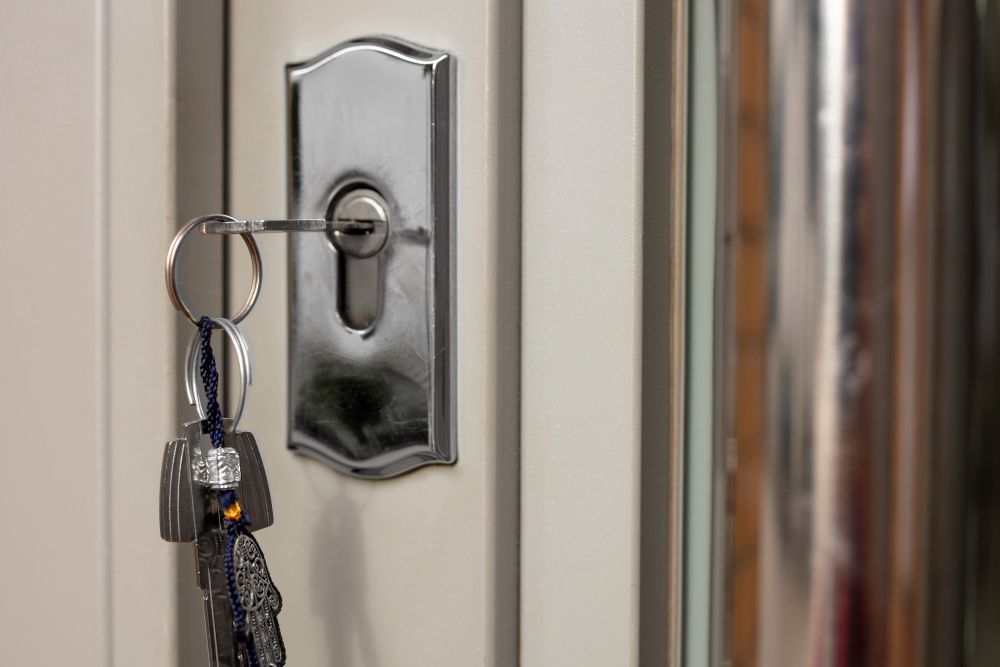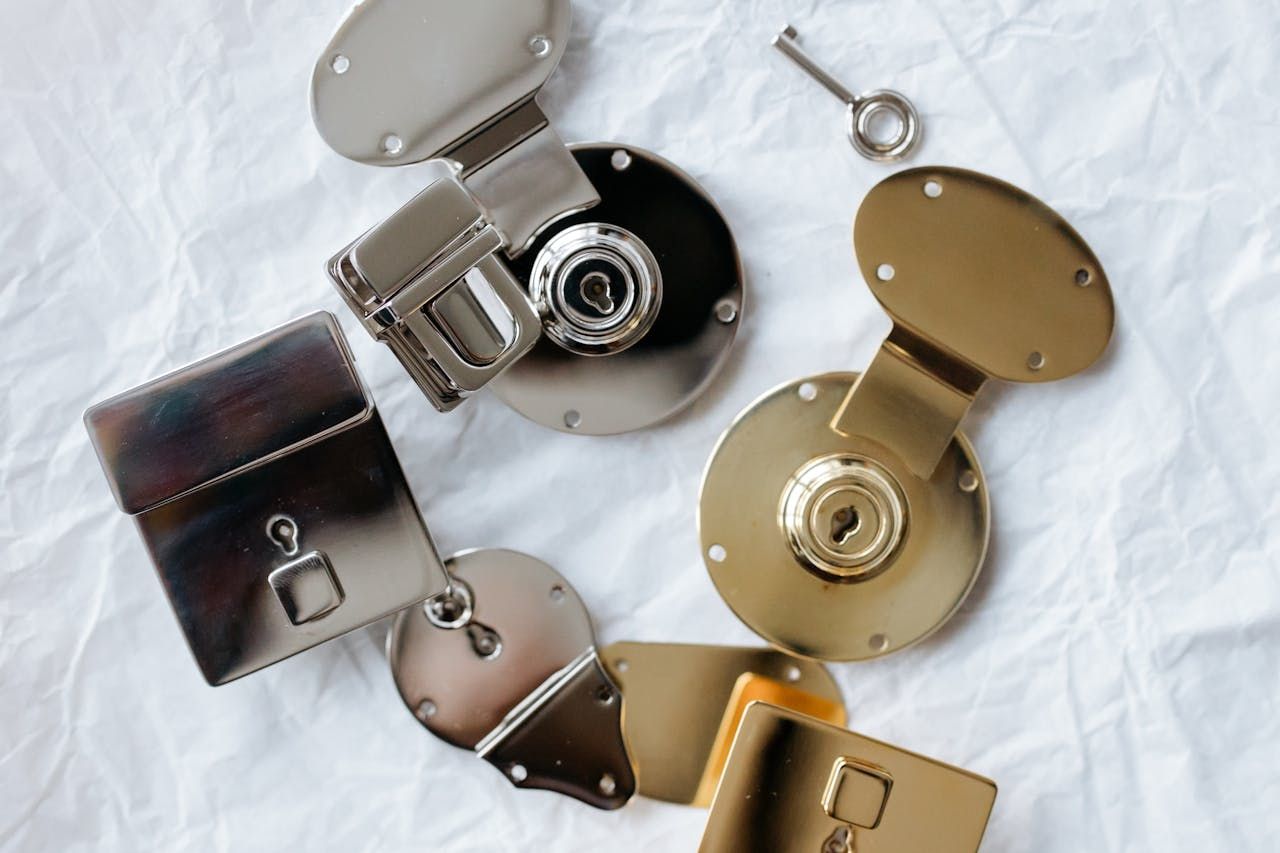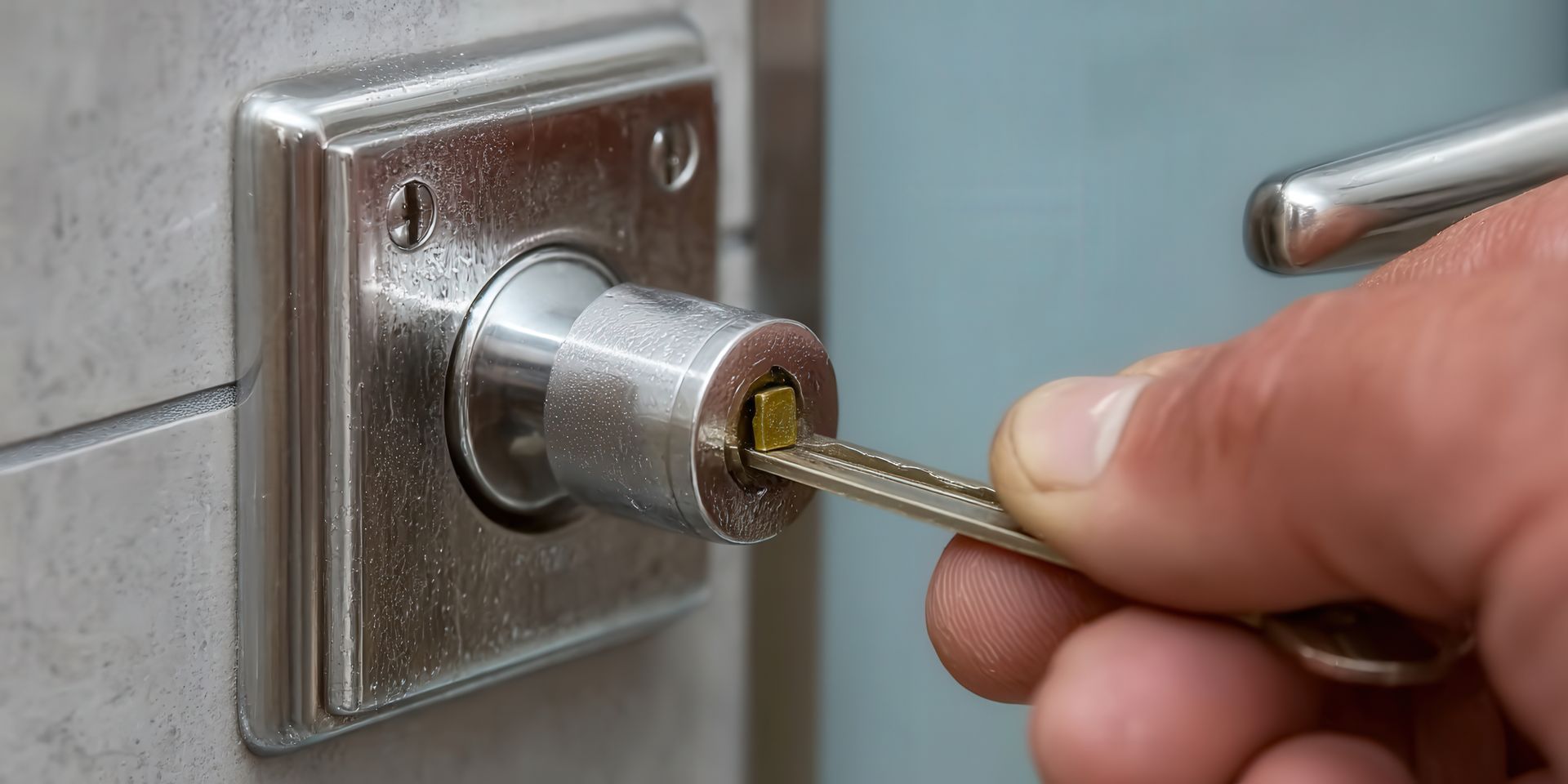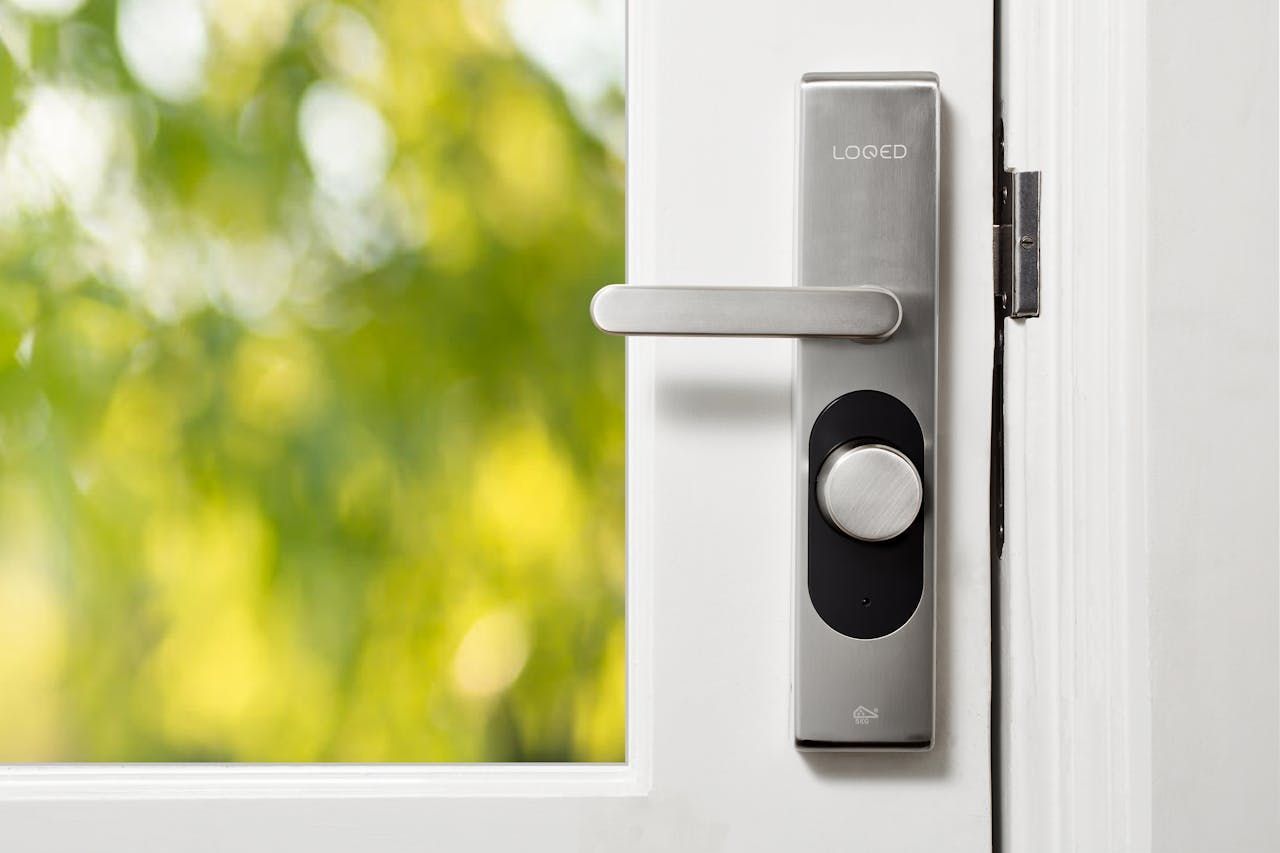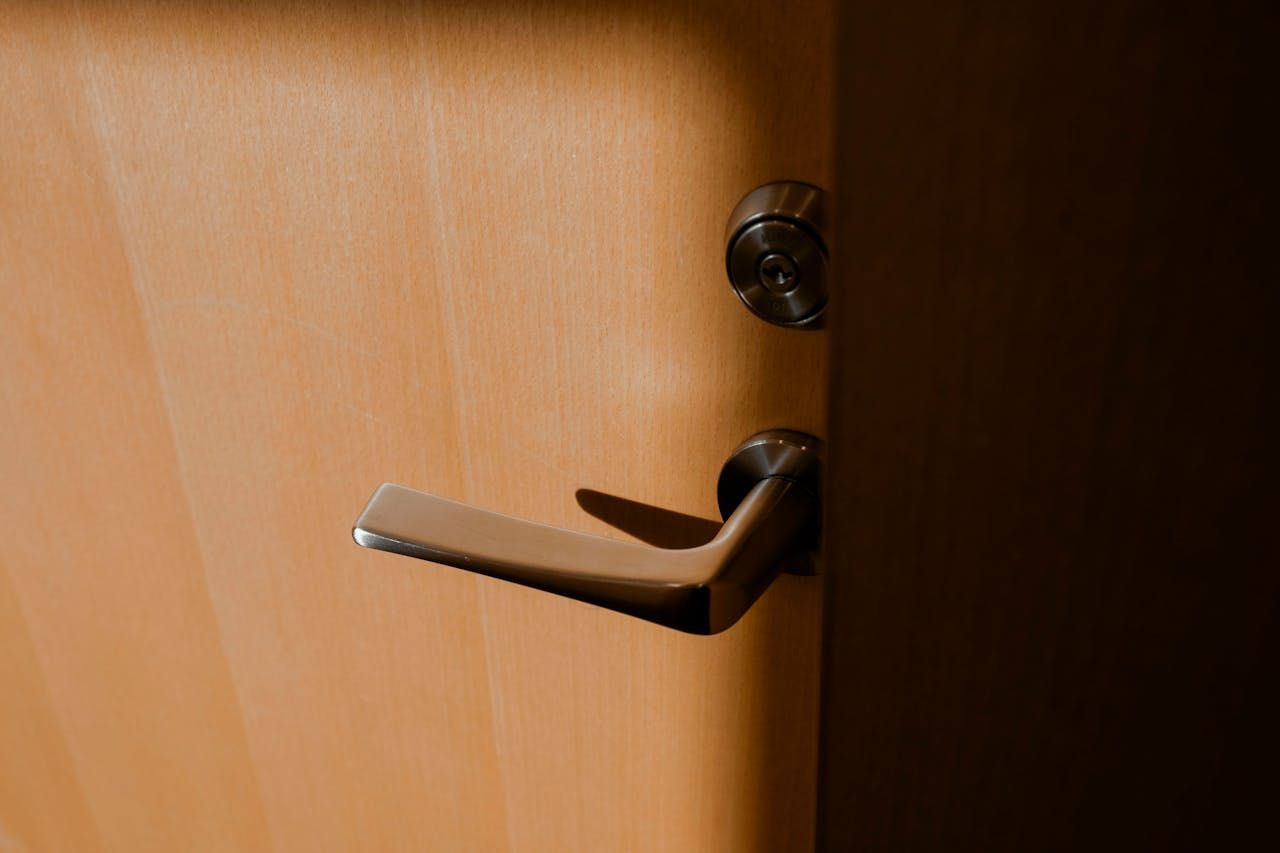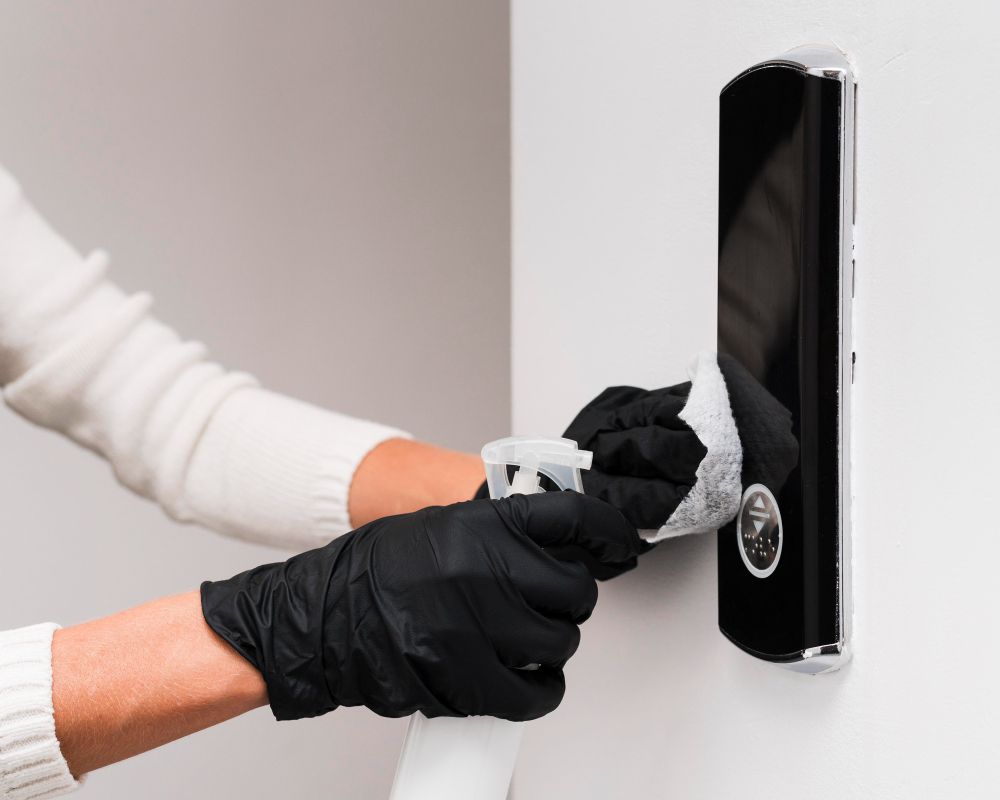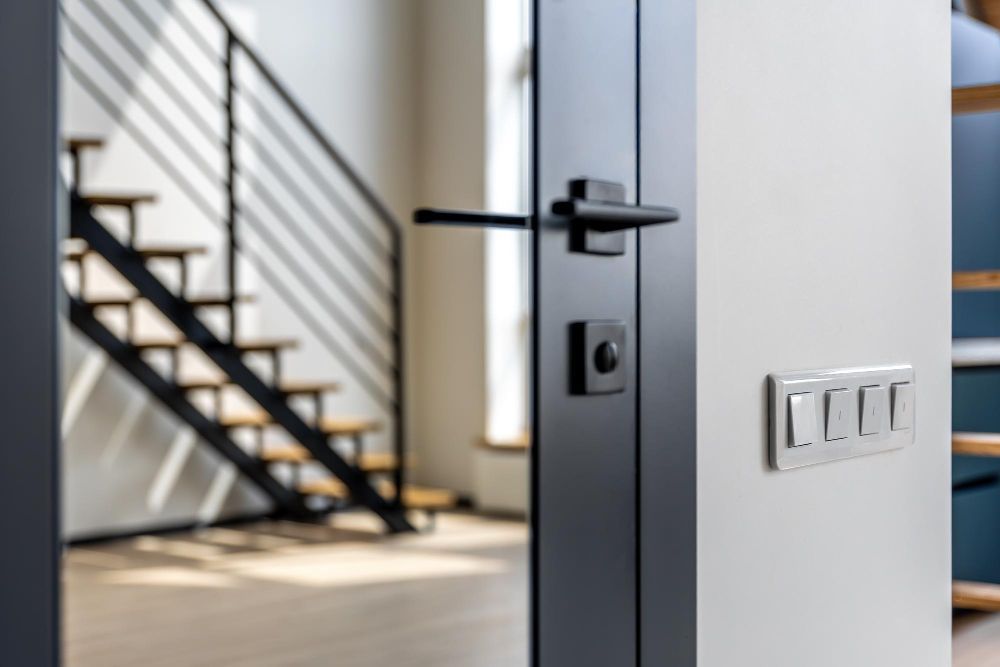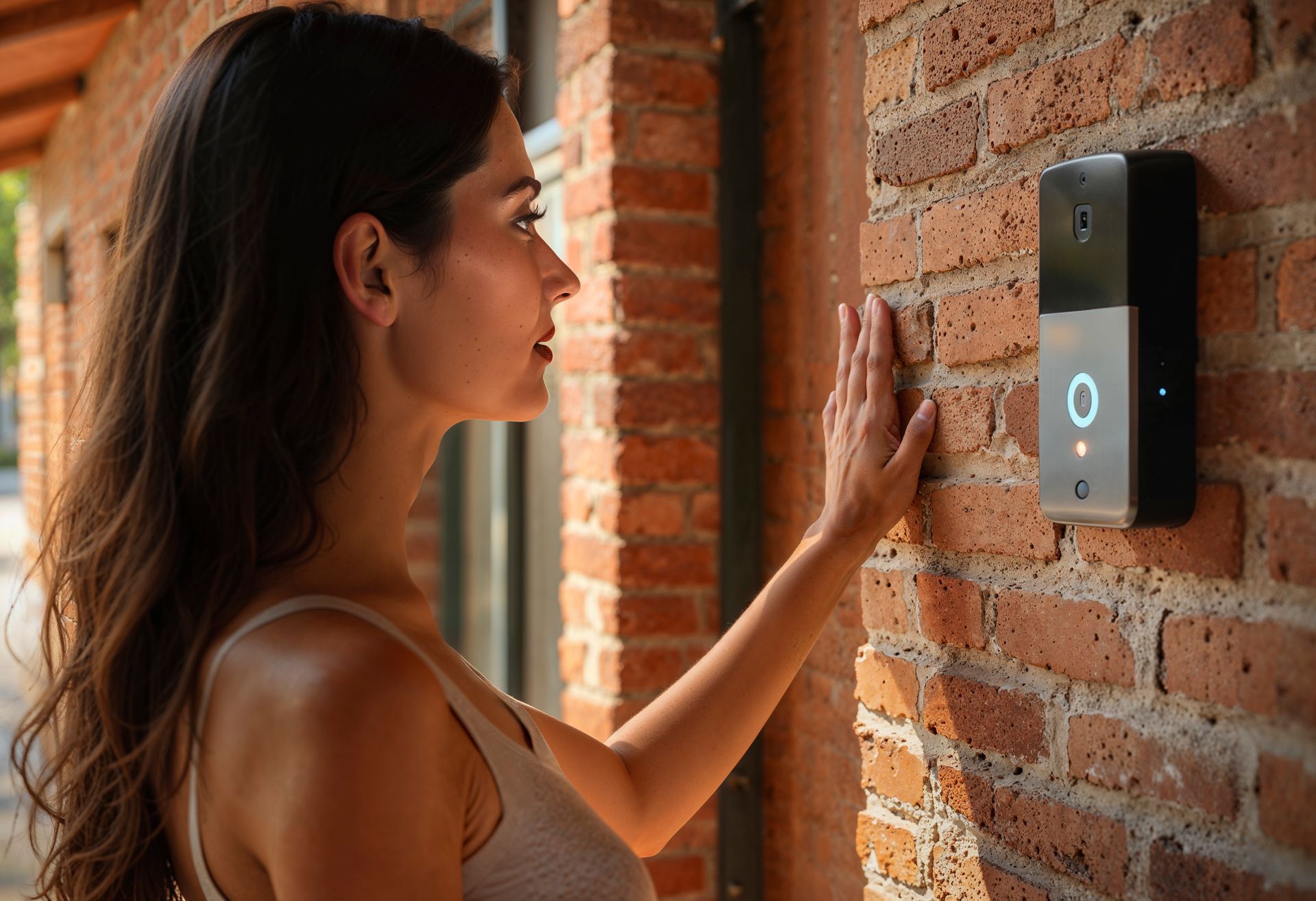Why Lock Repair Is Often a Better Option Than Full Replacement
November 13, 2025
When a Lock Starts Acting Up
You go to lock your door at night, and the key doesn’t turn as smoothly as it used to. Maybe you have to jiggle it or pull the handle just right. The question pops up—should I fix this, or just replace the whole lock?
For many homeowners and business owners in Murray, UT, the answer is surprisingly simple: repair it first. A skilled locksmith can often restore your lock to full working condition for a fraction of the cost of a full replacement. Let’s look at why that’s usually the smarter move.
Why Repairing a Lock Makes Sense
Lock issues are rarely all-or-nothing. In most cases, the lock body is still strong; it’s the moving parts inside—springs, pins, or alignment—that need attention.
You Save Money Without Sacrificing Security
Repairing a lock typically costs much less than replacing it, especially if you have multiple doors or high-quality locks. Many modern locks are built to last decades, so fixing worn parts can extend their lifespan without reducing protection.
It Keeps Your Hardware Consistent
Replacing a lock means new keys, new finishes, and possibly mismatched hardware. A repair keeps your existing handles, trims, and finishes intact—important for homeowners who value a consistent look across all doors.
You Avoid Unnecessary Rekeying
A full replacement often requires rekeying all other locks to keep your key system unified. Repairing avoids that step, saving both time and cost.
It’s Faster and Less Disruptive
A locksmith can usually repair a malfunctioning lock on-site in under an hour. Full replacement may take longer, especially for complex deadbolts or smart lock systems.
When Replacement Is Still the Better Call
Of course, not every lock can or should be repaired. Here’s when a new installation makes sense:
- Severe damage: If the lock body is cracked, corroded, or tampered with during a break-in.
- Obsolete locks: Older locks may not support today’s key systems or rekeying methods.
- Major upgrades: When you’re switching to smart locks, high-security cylinders, or new master key systems.
- Aesthetic renovation: If you’re replacing doors or upgrading finishes throughout the home.
A trusted Murray locksmith will tell you honestly whether a repair is worthwhile—or if replacement is the smarter long-term investment.
What a Locksmith Actually Does During a Repair
For most people, “lock repair” sounds vague. Here’s what really happens when you hire a professional to fix a door lock.
- Inspection and Diagnosis – The locksmith checks the cylinder, key, latch, and alignment to identify the problem.
- Disassembly and Cleaning – Internal components are cleaned of dirt and metal filings that cause friction.
- Replacement of Worn Parts – Springs, pins, or tailpieces are swapped out as needed.
- Lubrication and Reassembly – Everything is reinstalled, lubricated, and tested for smooth function.
- Security Check – The locksmith ensures the lock meets its original strength rating and that the strike plate aligns correctly.
Afterward, the door feels brand new again—without ever being replaced.
Common Questions About Lock Repair
Is it safe to keep using an old lock after repair?
Yes—if the locksmith restores it properly. Quality repairs maintain or even improve security by ensuring smooth operation and tight tolerances.
Can any lock be repaired?
Most standard pin-tumbler locks and deadbolts can be. However, electronic locks or severely rusted mechanisms often require full replacement.
Does repairing void the manufacturer’s warranty?
Not when done by a professional. Certified locksmiths follow manufacturer-approved repair methods.
Can a locksmith rekey my lock while repairing it?
Absolutely. If you’re worried about lost keys or previous tenants, rekeying during a repair is efficient and cost-effective.
What’s the average cost difference?
In most cases, repair costs about half the price of replacement—and avoids purchasing new hardware or keys.
Keeping Locks in Top Shape After Repair
A well-repaired lock can last for years, but maintenance helps extend that lifespan.
- Lubricate the keyway every six months with graphite or silicone spray.
- Avoid forcing keys—if it sticks, call your locksmith early.
- Keep locks clean and dry to prevent internal corrosion.
- Have keys recut from the original code if they become worn or bent.
Small preventive care goes a long way toward avoiding repeat issues.
A Local Takeaway for Murray Homeowners
For most lock problems—sticky keys, misalignment, or loose handles—repairing instead of replacing is faster, cheaper, and just as secure. Local locksmiths in Murray, UT handle everything on-site, from minor fixes to full rekeying, ensuring your doors function smoothly without unnecessary hardware changes.
Before you replace an entire lock, get a
professional opinion. You might find your existing system has plenty of life left—with just a little expert attention.
